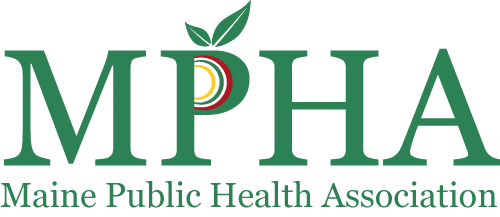
Understanding the Impact of Extreme Weather and Climate Variations on Health
How can understanding the impact of extreme weather events and climate variations improve the health outcomes of the communities you serve?


Course Information
- Audience: All public health professionals, including community health workers, working in nonprofits, healthcare, educational institutions, government and private sector
- Format: Self-Paced
- Price: Free
- Length: 1 hour
- Credential(s) eligible for contact hours: N/A
- Competencies: Health Equity Skills, Public Health Science Skills, Leadership and Thinking Systems Skills
- Learning Level: Awareness
- Companion Trainings: None
- Supplemental materials:Presentation Slides
- Pre-requisites: None
About this course
This session will provide an overview of how extreme weather events and climate variations contribute to increased health issues, with a focus on identifying the vulnerable populations and communities most at risk. Community health workers and support roles will gain valuable insights and resources to help support the communities they serve.
What you'll learn
After completing the training, you will be able to...
- Understand the Health Impacts of Extreme Weather and Climate Variations: Participants will be able to describe how extreme weather events, such as heatwaves, hurricanes, and floods, contribute to various health issues.
- Identify Vulnerable Populations at Risk: Participants will learn to identify which populations and communities are most vulnerable to the health impacts of extreme weather and climate variations.
- Explore Strategies for Community Health Support: Participants will gain insights into effective strategies and resources that can be used by community health workers to support and protect vulnerable populations during extreme weather events.
- Utilize Resources and Support Systems: By the end of this webinar, you will be equipped with information on available resources.
Subject Matter Expert

Jen Boothroyd
Jen is the Manager of Environmental Sustainability at Northern Light Health, a role that builds on her career in regional planning, environmental science, and public administration in Maine. She has held this role for a year, and has been with Northern Light for nearly seven years. Jen holds a bachelor’s degree in Biology and Environmental Science from the University of Maine at Farmington, and a master’s degree in Public Administration from the University of Maine. She is a lifelong Mainer, and lives in Brewer with her two children.
Enrollment and Contact Hours
Select the Enroll Me button below to register for this course. If you have any trouble accessing the recording, contact
support@nephtc.org.
Acknowledgement: This project is supported by the Health Resources and Services Administration (HRSA) of the U.S. Department of Health and Human Services (HHS) as part of award 2 UB6HP31685‐05‐00 “Public Health Training Centers.” The contents are those of the author(s) and do not necessarily represent the official views of, nor an endorsement, by HRSA, HHS or the U.S. Government.

